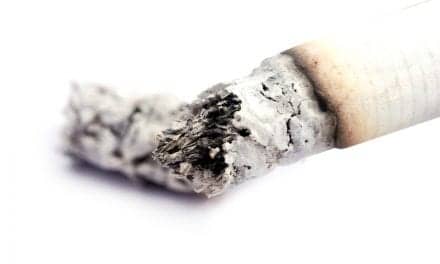Continuous positive airway pressure (CPAP) therapy rapidly improves blood pressure and arterial tone in adults with obstructive sleep apnea (OSA), according to a research abstract presented at SLEEP 2014 in Minneapolis, Minn.
Results show that there was a significant reduction in systolic and diastolic blood pressures among sleep apnea patients who were compliant with CPAP therapy for three months. Successful treatment of sleep apnea also was associated with decreased vascular tone and arterial stiffness. Following one week of treatment withdrawal, these improvements disappeared and reverted to baseline values.
The study group comprised 47 adults with a mean age of about 41 years who had been recently diagnosed with OSA. They were evaluated before and after three months of CPAP therapy, as well as one week after treatment withdrawal. Carotid to radial artery pulse wave velocity and central aortic blood pressures were obtained by applanation tonometry. Brachial artery size and flow-mediated dilation were measured with B-mode ultrasound.
Subjects were considered to be compliant with treatment if they used CPAP therapy for at least 4 hours per night. Thirty-seven of the 47 participants met this criteria, using CPAP therapy for an average of 6.1 hours per night.
“We were surprised by the very rapid improvements in arterial tone, seen as early as four weeks into treatment, and how quickly they reversed after only a few days of treatment withdrawal,” said principal investigator Claudia Korcarz, DVM, RDCS, manager and senior scientist at the University of Wisconsin Atherosclerosis Imaging Research Program. “We noticed these improvements in young, normotensive subjects. These findings demonstrate that the vascular effects of sleep apnea are reversible if treated early in the disease process, suggesting that we might be able to mitigate the long-term risk of chronic exposure to OSA.”









